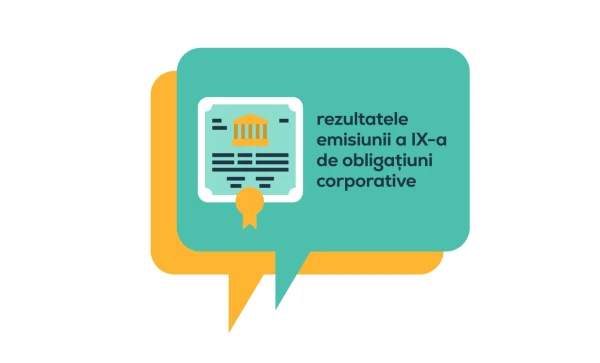Bank fraud isn’t going away — it’s just evolving. Scammers are becoming more convincing, and their methods increasingly sophisticated. That’s why it’s essential to stay informed and alert, especially when faced with social engineering attempts.
What is social engineering?
Social engineering is a tactic used by scammers to manipulate people’s emotions and trust in order to gain access to their data. They don’t hack systems — they trick people. Here are some of the most common techniques:
- Vishing – Phone calls or messages via WhatsApp, Viber, or Telegram from someone pretending to be from your bank, asking for security codes, card details, or passwords.
- Phishing – Fake “official” emails containing links to fraudulent websites requesting your banking information.
- Smishing – Text messages offering fake prizes or deals, encouraging you to enter your card details.
- Online scams – Contests, surveys, or investment “opportunities” promising unrealistic rewards, bonuses, or cryptocurrencies, designed to steal your personal data.
How can you protect yourself?
- Never share PIN codes, passwords, or authorization codes with anyone. No bank employee is allowed to request them.
- Do not click suspicious links or pop-up windows, and avoid entering personal data on unfamiliar websites.
- Always verify the source of a message or the identity of the person contacting you — whether it’s a call, SMS, or email.
- If an offer sounds too good to be true, it probably is.
What should you do if you suspect fraud?
- Immediately block your card via the maibank app or call 1313.
- Contact the bank through official channels.
- Notify the police.
What is maib doing to keep you safe?
- Implementing modern biometric authentication for secure app access.
- Using intelligent, AI-powered fraud detection systems that automatically flag suspicious activity.
- Running financial education campaigns to keep clients better informed.
In 2025, maib is strengthening its investments in next-generation technologies, leveraging artificial intelligence to quickly identify suspicious behavior and potential fraud. At the same time, we continue to expand educational initiatives to ensure more clients are well-informed and protected.
Remember: security starts with you. Stay alert, ask questions, don’t rush — and never share your data, no matter how convincing someone sounds on the phone.
When it comes to your financial safety, always stay one step ahead.


 maibank
maibank
 maib business app
maib business app
 internet banking - individuals
internet banking - individuals
 new internet banking - maib business
new internet banking - maib business
 internet Banking - BankFlex
internet Banking - BankFlex



